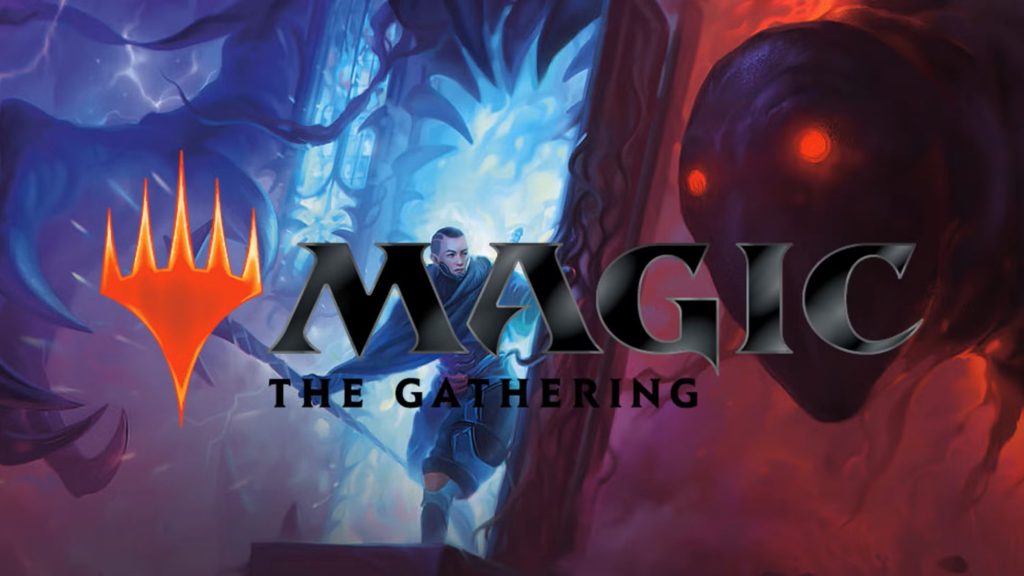Could a Points-Based Power Level System Work for Commander?

Wizards of the Coast is currently polishing their new Commander power level ranking system—a four-tiered structure where certain powerhouse cards determine which bracket your deck falls into. Naturally, we still don’t have all the details, and Gavin has made it clear that community feedback will be important as they finalize the approach. That’s what set my gears turning in a slightly different direction.
Could a points-based system work for Commander instead of a preset bracket system? It’s an idea that keeps popping up, especially because of Canadian Highlander’s well-known points list. But while Canadian Highlander caps how many points you can run, what if Commander used points in a purely descriptive, not restrictive way?
Why Consider a Points-Based Approach?
One of the trickiest parts of discussing Commander power levels is that words like “casual” or “high-powered” mean different things to different people. The goal of any system should be to facilitate better pre-game conversations without forcing players into a box. A points-based system could do exactly that. Rather than telling you which cards you can or can’t play, you’d simply tally up points based on the power-level of your cards.
Run a Sol Ring, a Mana Crypt, and a handful of top-tier tutors? You get more points. Pack your deck with niche synergy pieces and a bunch of oddball pet cards? You get fewer points. Ultimately, you’d end up with a point total that gives everyone at the table a common frame of reference. The system would say, “This deck is around X points,” not “This deck fits exactly into this single bracket.”
Descriptive, Not Restrictive
The biggest difference from Canadian Highlander is that there’s no upper limit. Just because your deck is loaded with powerful cards doesn’t mean you’re breaking any rules. This is about describing what you’re bringing to the table, not restricting it. You want to run multiple free interaction spells, fast mana, and consistent combos? Great, you’ll have a deck with a higher point total. Looking to throw a fancy Vampiric Tutor or Mana Drain into an otherwise casual brew because you cracked it in a pack? Fantastic. Doing so might nudge your deck’s points up a bit, but it won’t suddenly disqualify your deck from being in that comfy, casual-ish zone if the rest of the build is filled with offbeat, low-impact cards.
Accounting For “Auto-Includes”
One of the challenges in creating any power-level framework is dealing with ubiquitous staples that appear in every deck, from Sol Ring to Swords to Plowshares. The brackets system might struggle to handle that nuance. But a points system can factor them in smoothly.
Maybe Sol Ring’s worth a big chunk of points while Swords to Plowshares is just a small single point. Put them together and they still don’t skyrocket your deck into the highest tier unless you add lots more top-tier cards. This approach gives a language for what we all know intuitively—one or two powerful staples doesn’t necessarily push you over the edge, but a deck filled to the brim with them clearly sits at a higher power level.
Layering Complexity Where Needed
We could even assign context-dependent point values for combo pieces or synergy cards. A card like Thassa’s Oracle might just be worth a few points on its own, but if paired with Demonic Consultation, the combination could jump straight to a top-tier point value. The system can be as granular as we want, yet remain intuitive.
Curiosity in a random deck might score zero points, but in a deck led by Niv-Mizzet, Parun, it scores a lot more. The best part is that groups can tweak and calibrate their point lists to reflect their own metagame’s values, just like how playgroups currently use house rules or gentle agreements to keep the game fun.
Preserving Commander’s Spirit
Commander is a format about freedom and creativity. A points-based system respects that by never telling you what to play or not to play. Instead, it gives everyone a tool to understand and communicate the relative power level of their decks. The ultimate aim is to improve those pre-game chats so that players know what kind of experience they’re likely to have. That way, a player who loves goofy, theme-driven decks and a player who loves streamlined, powerful builds can sit down together, understand each other’s deck power at a glance, and make an informed choice about whether that’s the kind of game they’re both looking for.
An Idea Worth Exploring
This proposal isn’t meant to replace what Wizards is doing, nor is it some perfect solution that fixes all our problems. It’s just an idea, something that could help shape the conversation around what power level systems might look like. By exploring this, even if you end up disagreeing, we could uncover new insights about what Commander really needs in terms of pre-game communication. Maybe you’ll find a flaw that leads you to propose an even better system. Maybe Wizards’ own bracket plan will end up incorporating feedback inspired by discussions like this.
At the end of the day, Commander is evolving, and as it does, we should explore every avenue that could help us have more fun, more meaningful games. A points-based power level system for Commander could be one of those avenues. Let’s talk about it, refine it, test it, and see what we discover.
Share this Post
Recent Posts
- How Popular Is Lorcana in 2026? A Reality Check
- Buying MTG Proxies Safely: Red Flags and Payment Safety Basics
- MTG Commander Card Draw: How Many Sources Is “Enough”?
- MTG Proxies on SpellTable: Camera Readability, Glare, and Practical Fixes
- MTG Commander Ramp Mistakes: When “More Ramp” Makes Your Deck Worse
Product Categories
ProxyMtG@protonmail.com
